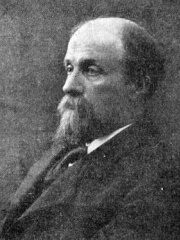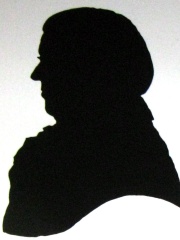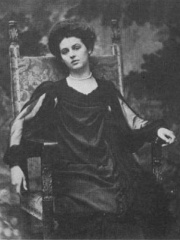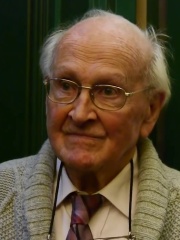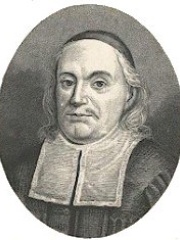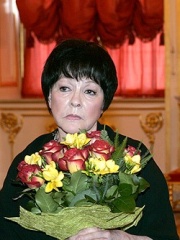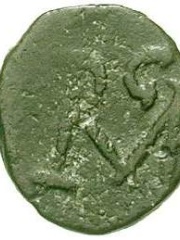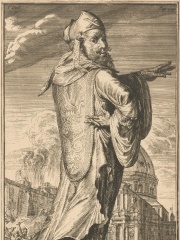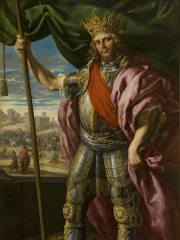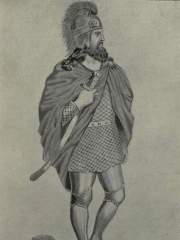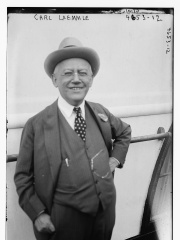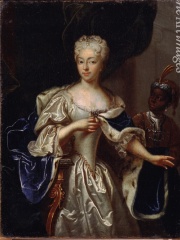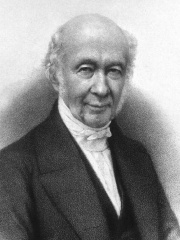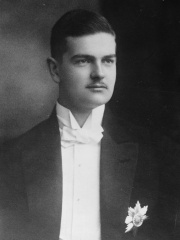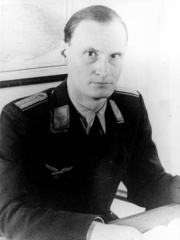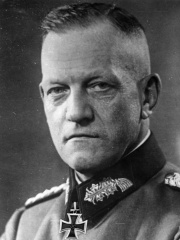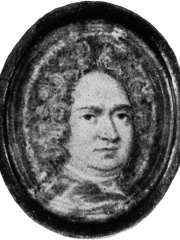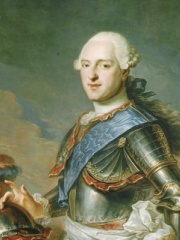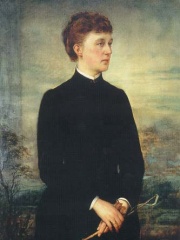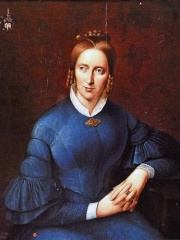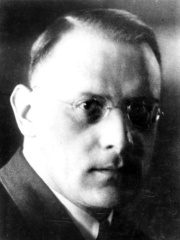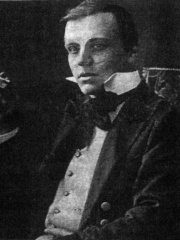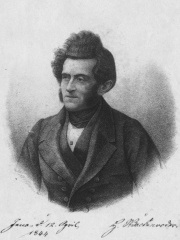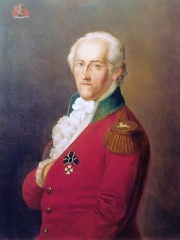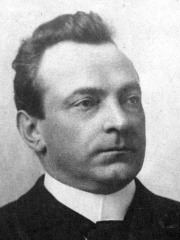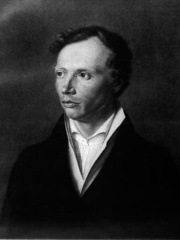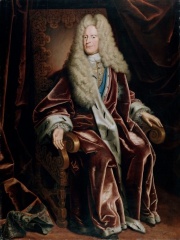Writer
Salvian
405 - 451

 Salvian
Salvian
Salvian (or Salvianus) was a Christian writer of the 5th century in Roman Gaul. Read more on Wikipedia
His biography is available in 21 different languages on Wikipedia. Salvian is the 1,908th most popular writer (down from 1,495th in 2024), the 2,098th most popular biography from Germany (down from 1,590th in 2019) and the 120th most popular German Writer.
Memorability Metrics
Page views of Salvian by language
Among Writers
Among writers, Salvian ranks 1,908 out of 7,302. Before him are Juhani Aho, John Farey Sr., Renée Vivien, Robert Faurisson, Archestratus, and Victoria Ocampo. After him are Jonas Mekas, Jean Starobinski, Magnús Scheving, Paul Gerhardt, Bella Akhmadulina, and John Barth.
Most Popular Writers in Wikipedia
Go to all RankingsJuhani Aho
1861 - 1921
HPI: 63.55
Rank: 1,902
John Farey Sr.
1766 - 1826
HPI: 63.54
Rank: 1,903
Renée Vivien
1877 - 1909
HPI: 63.53
Rank: 1,904
Robert Faurisson
1929 - 2018
HPI: 63.52
Rank: 1,905
Archestratus
350 BC - 330 BC
HPI: 63.51
Rank: 1,906
Victoria Ocampo
1890 - 1979
HPI: 63.50
Rank: 1,907
Salvian
405 - 451
HPI: 63.50
Rank: 1,908
Jonas Mekas
1922 - 2019
HPI: 63.50
Rank: 1,909
Jean Starobinski
1920 - 2019
HPI: 63.50
Rank: 1,910
Magnús Scheving
1964 - Present
HPI: 63.49
Rank: 1,911
Paul Gerhardt
1607 - 1676
HPI: 63.49
Rank: 1,912
Bella Akhmadulina
1937 - 2010
HPI: 63.49
Rank: 1,913
John Barth
1930 - 2024
HPI: 63.49
Rank: 1,914
Contemporaries
Among people born in 405, Salvian ranks 2. Before him is Ricimer. Among people deceased in 451, Salvian ranks 4. Before him are Nestorius, Theodoric I, and Vardan Mamikonian. After him is Pei Songzhi.
Others Born in 405
Go to all RankingsOthers Deceased in 451
Go to all RankingsNestorius
PHYSICIAN
381 - 451
HPI: 77.67
Rank: 1
Theodoric I
POLITICIAN
393 - 451
HPI: 75.26
Rank: 2
Vardan Mamikonian
POLITICIAN
388 - 451
HPI: 67.46
Rank: 3
Salvian
WRITER
405 - 451
HPI: 63.50
Rank: 4
Pei Songzhi
HISTORIAN
372 - 451
HPI: 61.53
Rank: 5
In Germany
Among people born in Germany, Salvian ranks 2,099 out of NaN. Before him are Carl Laemmle (1867), Charlotte Christine of Brunswick-Wolfenbüttel (1694), Carl Reichenbach (1788), Friedrich Christian, Margrave of Meissen (1893), Harro Schulze-Boysen (1909), and Hans Richter (1888). After him are Georg Lindemann (1884), Matthäus Daniel Pöppelmann (1662), Prince Francis Xavier of Saxony (1730), Paul Gerhardt (1607), Louis VI, Landgrave of Hesse-Darmstadt (1630), and Princess Adelheid-Marie of Anhalt-Dessau (1833).
Others born in Germany
Go to all RankingsCarl Laemmle
BUSINESSPERSON
1867 - 1939
HPI: 63.53
Rank: 2,093
Charlotte Christine of Brunswick-Wolfenbüttel
COMPANION
1694 - 1715
HPI: 63.52
Rank: 2,094
Carl Reichenbach
CHEMIST
1788 - 1869
HPI: 63.51
Rank: 2,095
Friedrich Christian, Margrave of Meissen
NOBLEMAN
1893 - 1968
HPI: 63.50
Rank: 2,096
Harro Schulze-Boysen
SOCIAL ACTIVIST
1909 - 1942
HPI: 63.50
Rank: 2,097
Hans Richter
PAINTER
1888 - 1976
HPI: 63.50
Rank: 2,098
Salvian
WRITER
405 - 451
HPI: 63.50
Rank: 2,099
Georg Lindemann
MILITARY PERSONNEL
1884 - 1963
HPI: 63.49
Rank: 2,100
Matthäus Daniel Pöppelmann
ARCHITECT
1662 - 1736
HPI: 63.49
Rank: 2,101
Prince Francis Xavier of Saxony
POLITICIAN
1730 - 1806
HPI: 63.49
Rank: 2,102
Paul Gerhardt
WRITER
1607 - 1676
HPI: 63.49
Rank: 2,103
Louis VI, Landgrave of Hesse-Darmstadt
POLITICIAN
1630 - 1678
HPI: 63.49
Rank: 2,104
Princess Adelheid-Marie of Anhalt-Dessau
POLITICIAN
1833 - 1916
HPI: 63.49
Rank: 2,105
Among Writers In Germany
Among writers born in Germany, Salvian ranks 120. Before him are Eduard Mörike (1804), Annette von Droste-Hülshoff (1797), Hans F. K. Günther (1891), Hanns Heinz Ewers (1871), Wilhelm Heinrich Wackenroder (1773), and Margarete Buber-Neumann (1901). After him are Paul Gerhardt (1607), Adolph Freiherr Knigge (1752), Jakub Bart-Ćišinski (1856), Ludwig Uhland (1787), Basil Valentine (1394), and Anthony Ulrich, Duke of Brunswick-Wolfenbüttel (1633).
Eduard Mörike
1804 - 1875
HPI: 63.94
Rank: 114
Annette von Droste-Hülshoff
1797 - 1848
HPI: 63.78
Rank: 115
Hans F. K. Günther
1891 - 1968
HPI: 63.74
Rank: 116
Hanns Heinz Ewers
1871 - 1943
HPI: 63.67
Rank: 117
Wilhelm Heinrich Wackenroder
1773 - 1798
HPI: 63.61
Rank: 118
Margarete Buber-Neumann
1901 - 1989
HPI: 63.58
Rank: 119
Salvian
405 - 451
HPI: 63.50
Rank: 120
Paul Gerhardt
1607 - 1676
HPI: 63.49
Rank: 121
Adolph Freiherr Knigge
1752 - 1796
HPI: 63.47
Rank: 122
Jakub Bart-Ćišinski
1856 - 1909
HPI: 63.42
Rank: 123
Ludwig Uhland
1787 - 1862
HPI: 63.41
Rank: 124
Basil Valentine
1394 - 1450
HPI: 63.32
Rank: 125
Anthony Ulrich, Duke of Brunswick-Wolfenbüttel
1633 - 1714
HPI: 63.31
Rank: 126
